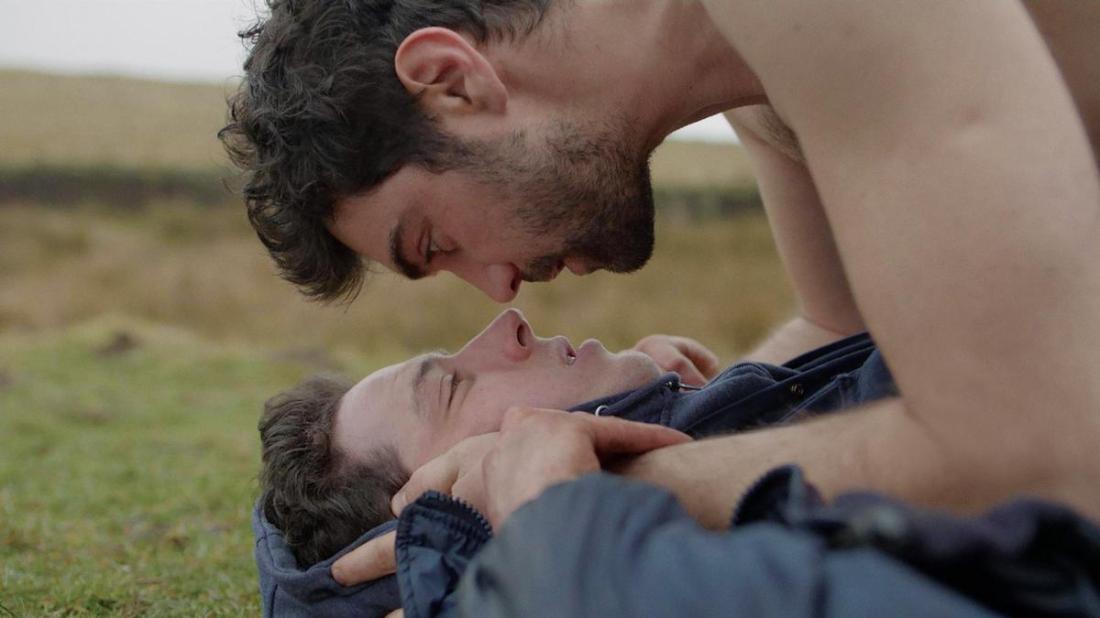Settling in for the 120-minute feature, I hadn’t much to go on besides the festival pamphlet (which I'd hurriedly scanned over sparkling wine in the lobby). All I knew was that this was a period, coming-of-age musical from a white, Afrikaans director, set during 1980's South Africa, one of the most tempestuous decades of apartheid.
A Queer Screen: Rainbow Reel Tokyo
Rainbow Reel Tokyo presents an unparalleled opportunity to see yourself beautifully and painfully represented right before your eyes on a big screen in a dark hall with hundreds of people surrounding you, sharing your story, sharing your identity.
Reflections of a Suitable Man
Never before has 6 months felt so fleetingly brief yet so immeasurably exhausting. Constituting these few months have been a few good days accompanied by sensational moments, and a few bad weeks accompanied by dreadful days. Yet, for the most part, it has been a journey of indifference, a weary departure from the ardour and vehemence with which I had initially embarked.
Pride in full Bloom
In a community ripe with the need for intersectional awareness, Troye is offering another gateway into the nuance of gender and sexuality. There is no single dimension and Troye is fearless in showing us that queer can be any and every way imaginable.
New Places, New Shells
Having retreated so far into my interiority, it was dangerously difficult to muster any true sense of direction or creed. Somewhere along the 9000 miles between where I was going and where I was coming from, I had lost myself.
Big & Small
A short tale about the consequences of big actions and the power of small things
Hues, Love & Politics: the cinema of Xavier Dolan
'Heartbeats' and 'Laurence Anyways' stand out as films through which Dolan has foregrounded the poison of attitudes that have left youth with limited and binary perceptions of the world around them, while 'I Killed My Mother' and 'Mommy,' as well as 'Heartbeats' explore – through a range of Dolan’s trademark themes and novel techniques – the disillusionment of the youth.
New Queer Cinema & the Narrative of Loss
Gay, Lesbian, Bisexual and Transgender (LGBT) cinema, like any media representative of a community, has evolved in alignment with the LGBT community and the gay rights movement. It has been influenced by and has reflected many of the major successes – such as decriminalisation, marriage equality, adoption rights, and social acceptance – that the movement … Continue reading New Queer Cinema & the Narrative of Loss
Ireland, Will You Marry Me?
'A Yes vote costs the rest of us nothing. A No vote costs our gay children everything,'
Gary Carter: to be gay or not to be
'The whole of society's construction represents only one possible way for society to be,' says Carter, 'and actually, rather like having lots of interesting tattoos, there are lots of ways of being.'








